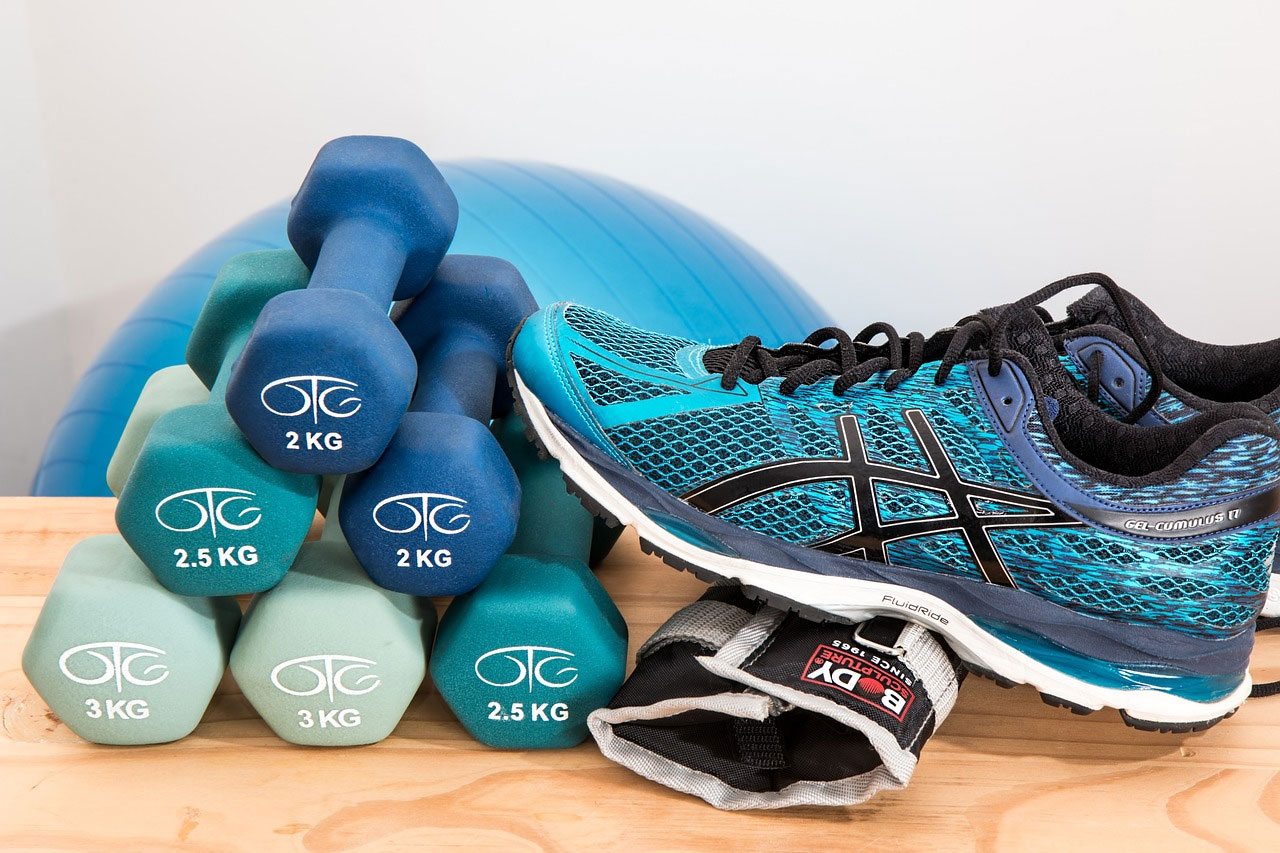Here is an in-depth look into how a person should take care of their health in the winter season

An inside look into the best practices for staying healthy during the winter season have just been shared, and some may even help to fight off the pesky bugs people contract as the colder climate settles in.
There are several things that people should look out for when trying to maintain their health during the colder months, and some work better than others.
Staying Hydrated:

The safest way to maintain health is by drinking lots of fluids, the warmer the better.
Men should aim to drink about 15.5 cups (3.7 liters) whereas women should power through for 11.5 cups (2.7 liters) every day.
Exercise:

It’s an age-old bit of advice at this point, but exercise truly is a gateway to a much healthier lifestyle, especially during the winter.
According to many Eastern and Western medicine practitioners, the benefits of stretching and yoga cannot be beaten, for they help alleviate pressure, increase flexibility, and aid in maintaining better posture and balance in the advanced stages of life.
Healthy Eating:

Healthy eating and dieting are two very different things, and the best way to maintain health and well-being is by stocking up on foods and drinks rich in vitamin C.
For those unversed, vitamin C is best known for being an immune booster, and plays a crucial role in warding off cases of flu, colds, and all such ailments.
Good Hygiene:

Good hygiene isn’t just courteous but is also a great way to prevent the spread of germs from one host to another.
Whether that be by using hand sanitizer or a good wash, the best cure is prevention when it comes to contagious illnesses that work their way through a social pod.
Vitamin D:

Vitamin D is also considered a cheat code to healthy living and its benefits are often overlooked until damaging side effects come to light.
Vitamin D is essential in maintaining immunity as well and can be found most potently in the early morning sun. coupled with vitamin C, both can serve a myriad of functions, even alleviating mood.
Some signs a person might be deficient in vitamin D include muscle pain, weakness, bone fractures, pain, and even changes in the cellular structure of the bones.
Sleep:

Some underestimate the dangers of sleep debt and it ends up accumulating massively before being addressed in many cases.
For those unversed in sleep debt, it is the phenomenon of exhaustive accumulation that happens when a person sleeps fewer hours than they need.
If that person maintains this schedule for a longer time, they will continue to rack up that debt.
E.g., if a person needs around eight hours of sleep to feel well rested, but only squeeze in four, they will wind up with four hours of sleep debt each night.
The only sure way of making up that debt is by adding more hours to the nightly cycle (on top of the eight steady hours) each night before the debt is paid off.